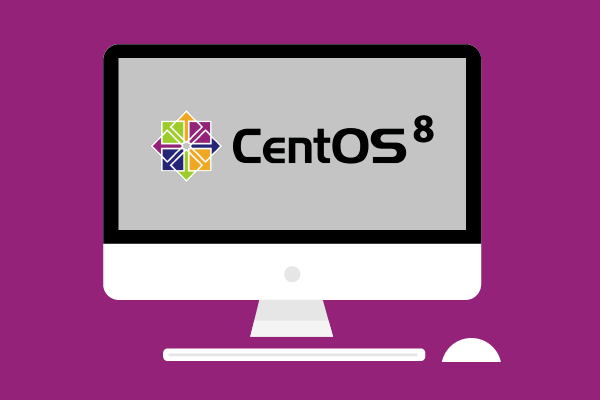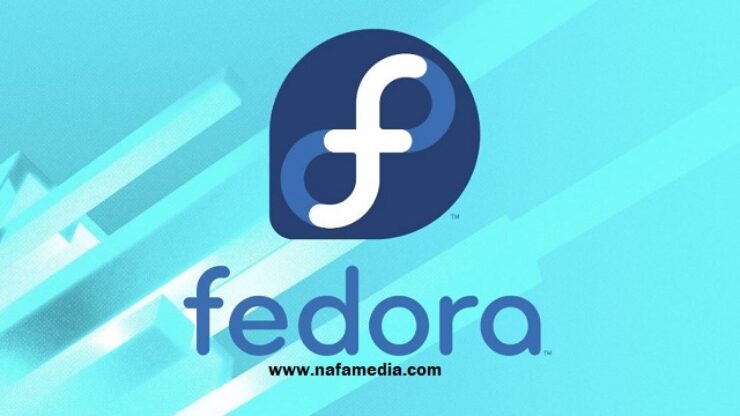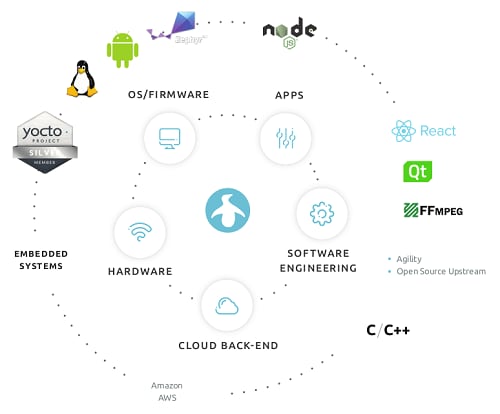Introduction:
Linux, with its diverse range of distributions, offers an array of choices for users and system administrators. This article explores three popular Linux distributions: Ubuntu, CentOS, and Fedora. We'll delve into their key features, use cases, and the factors that make each distribution unique.
Example:
Imagine Linux distributions are like different flavours of ice cream. Just like there are various flavours of ice cream (vanilla, chocolate, strawberry, etc.), there are different "flavours" of Linux, each with its unique characteristics and features.
Ubuntu:
Ubuntu is a user-friendly distribution that's perfect for beginners and experienced users alike. Known for its focus on ease of use, Ubuntu comes with a variety of pre-installed software and a sleek desktop environment.
Features:
Software Center: Ubuntu Software provides a hassle-free way to install applications, making it easy for users to get started.
Long-Term Support (LTS): LTS releases are supported for five years, making Ubuntu a reliable choice for stability.
APT Package Manager: Ubuntu uses the APT package manager for efficient software management.
Use Cases:
Desktop Use: Ubuntu's user-friendly interface is great for personal use, productivity, and web browsing.
Server Use: Ubuntu Server offers a secure and efficient platform for web hosting and other server applications.
CentOS:
CentOS is a distribution built with stability and enterprise use in mind. It's a downstream version of Red Hat Enterprise Linux (RHEL) and inherits its robustness.

Features:
Enterprise Focus: CentOS is widely used in enterprise environments due to its stability and long support cycles.
Security Updates: Timely security updates ensure a secure environment for critical applications.
YUM Package Manager: CentOS uses the YUM package manager for efficient software management.
Use Cases:
Server Hosting: CentOS is an excellent choice for hosting web applications, databases, and other mission-critical services.
Development Environments: Developers appreciate CentOS for creating consistent development environments.
Fedora:
Fedora is a distribution that places a strong emphasis on embracing the latest technologies and innovations. It's often used by enthusiasts and developers who want to stay on the cutting edge.

Features:
Regular Releases: Fedora follows a rapid release cycle, bringing the latest software to users quickly.
Fedora Spins: Different editions of Fedora, known as spins, cater to specific use cases like gaming and design.
Use Cases:
Enthusiast Use: Fedora is perfect for users who want to explore new technologies and experiment with the latest software.
Developer-Friendly: Developers appreciate Fedora's up-to-date packages, which aid in creating innovative applications.
Choosing the Right Distribution:
When selecting a distribution, consider your requirements and goals. Ubuntu's user-friendliness suits newcomers, CentOS caters to enterprise needs, and Fedora is ideal for those who love staying on technology's cutting edge.
